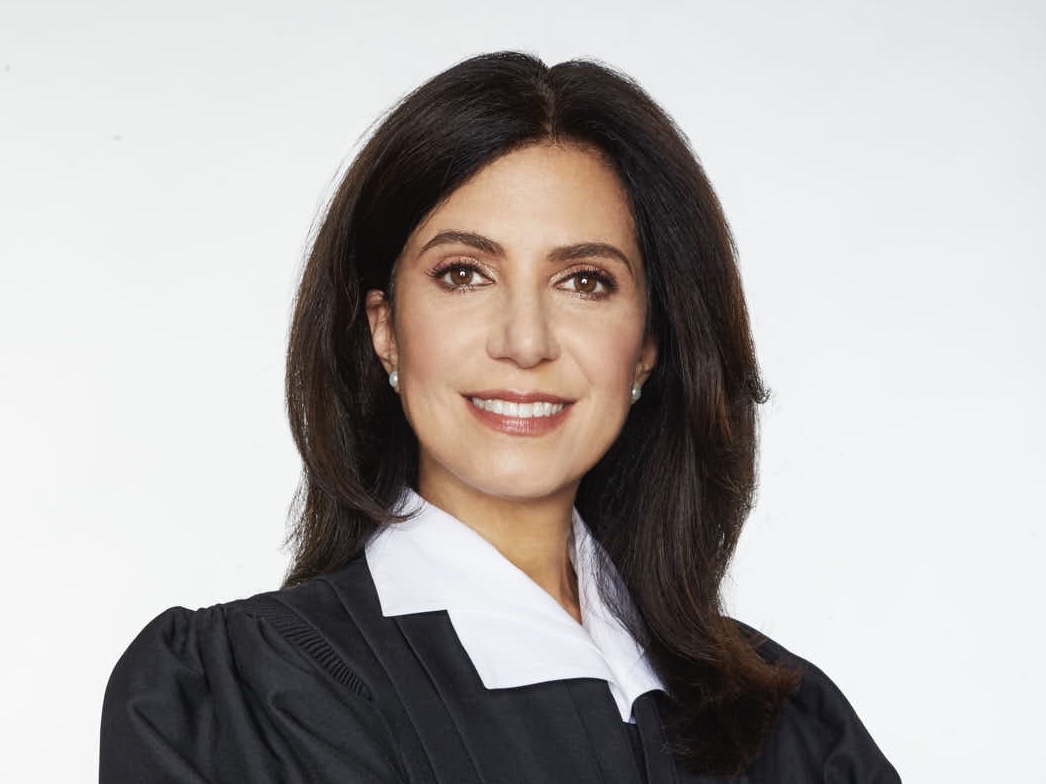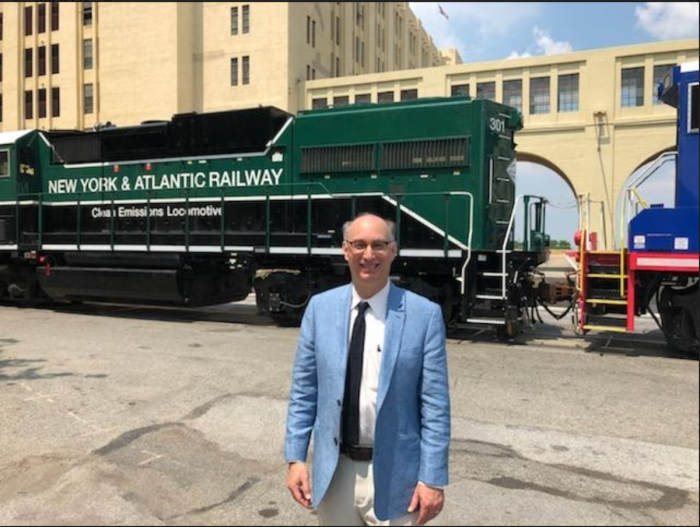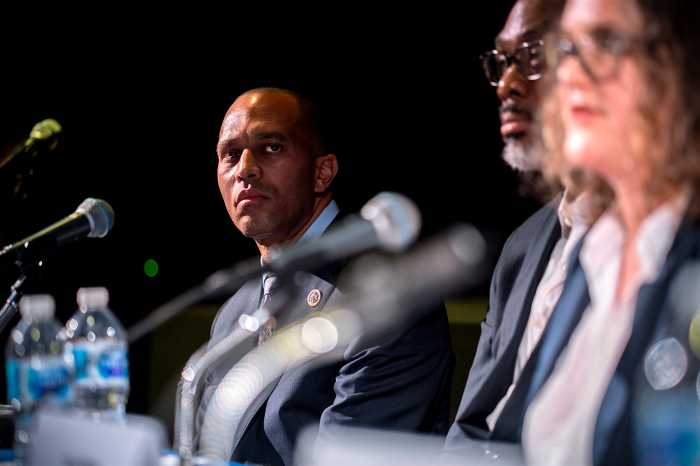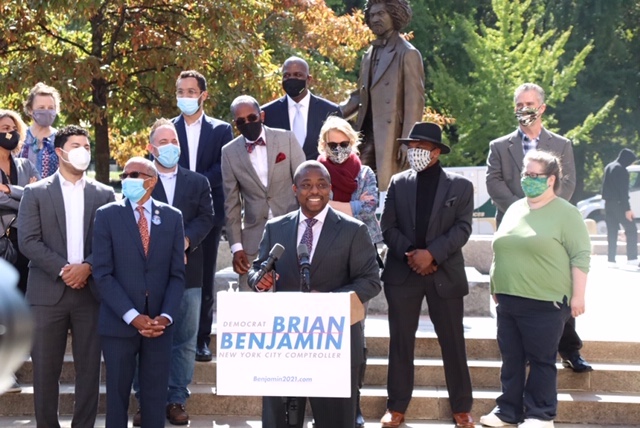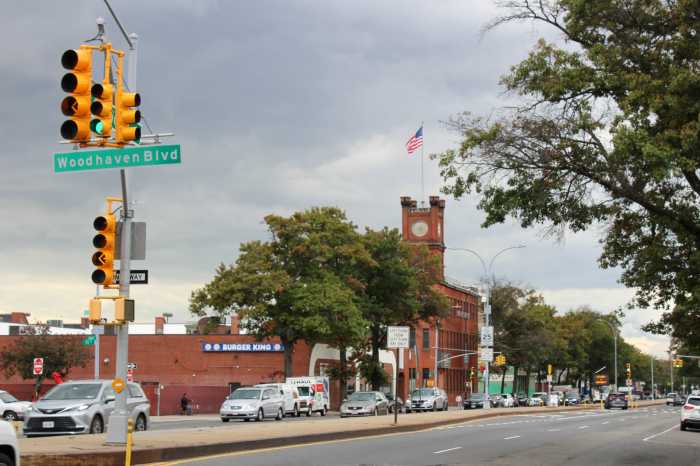Supreme Court Judge Rosemarie Montalbano, who is looking to replace retiring Justice Margarita Lopez Torres this year in the Kings County Surrogate’s Court (2nd District), sees the court that handles wills and estates is a way of encouraging generational wealth for struggling and low-income communities.
“I’m very passionate about that court because of my own community and what I’ve seen and my own life experiences,” said Montalbano. “Unfortunately we had our own financial struggles with foreclosure and that led me as a teen to try, and navigate for my parents who couldn’t do it on their own, the court system. We got hit with predatory lenders and my father signed documents without asking anyone.”
Montalbano was born and raised in Bushwick to non-English speaking, immigrant parents from Sicily. She recalled going with her father to stand on the unemployment line as a child to fill out his and his friends’ forms as a translator. “I was the voice for them, which became the voice for many in the community,” she said. “We didn’t even speak real Italian. we spoke a dialect, like slang, at home in Sicilian that I loved.”
Her father was a porter and construction worker before making the move to open his own deli. She said many of their patrons couldn’t afford groceries. From the deli, she worked hard to be the first in her family to go to college and then law school.
She said in the late 1980s her father desperately accepted a $10,000 loan concurrent with his mortgage. She and her husband had to get a “hard money private loan” in the neighborhood with tripled interest to help him.
“People need to hold on to their properties. They don’t deserve, because of a $3,000 water bill, to lose their house. They don’t wake up in the morning and say I’m not paying that. They don’t pay utilities because the priority is maybe they need to eat or have a medical situation,” said Montalbano.
Montalbano is firmly against deed theft, and has vowed to find fair agreements or payment plans for homeowners with unpaid property taxes, water bills, and other charges. She said the surrogate court also appoints guardianship for the disabled, a population that has been displaced this past year because of COVID deaths.
Montalbano said in these cases knowledge is power. Many times families don’t think about the legalities of death and wills because it’s an uncomfortable subject, but in the end it tears families up, she said, if assets aren’t spelled out. That’s when they come to surrogate court looking for information, guidance, and more importantly, help, she said.
“We have to preserve generational wealth, and that is first and foremost,” said Montalbano. “Educating the community because when we think ‘generational wealth,’ we think that’s for rich people. But for the average person that is a home, a home that maybe your mom or grandmother had that they bought 50 years ago and worked very hard at keeping.”


